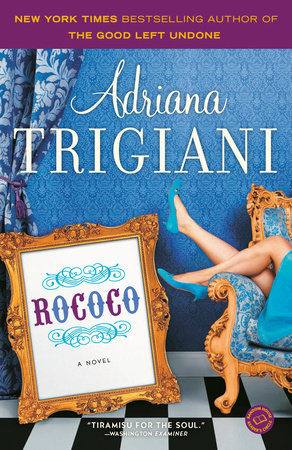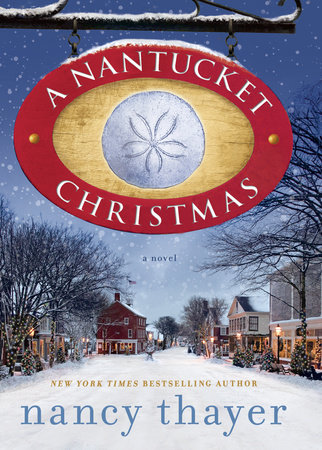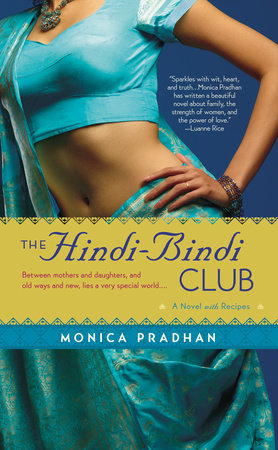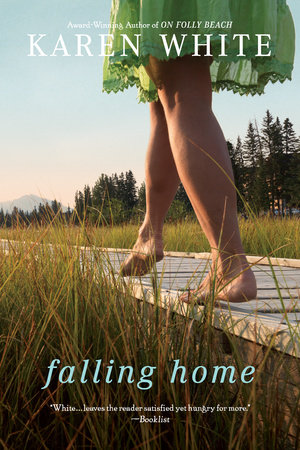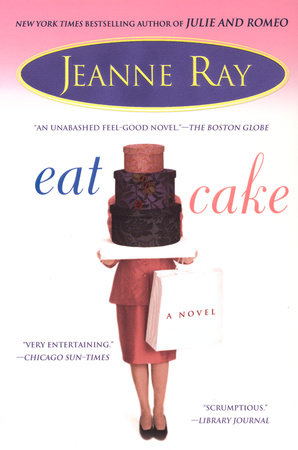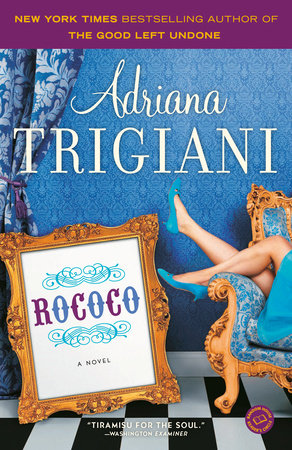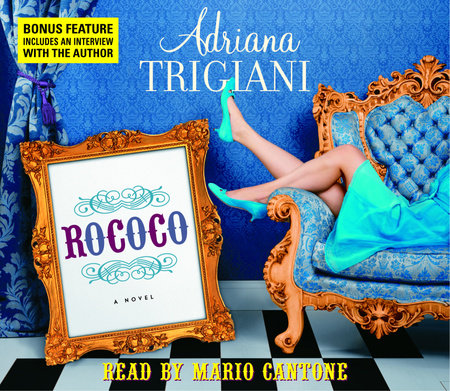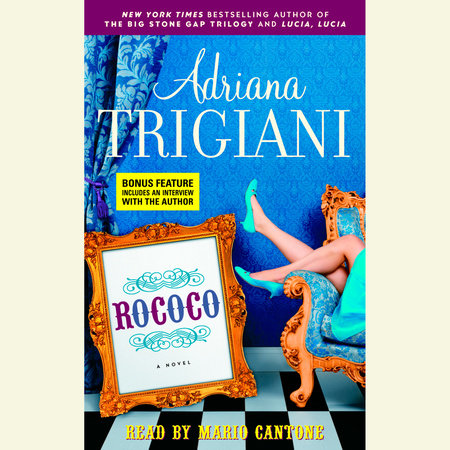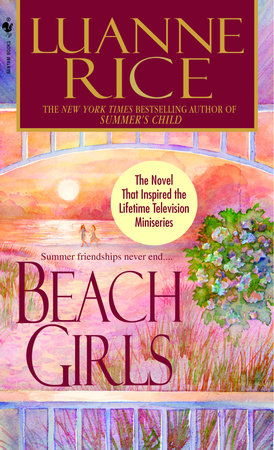Author Q&A
Bartolomeo di Crespi, the main character of ROCOCO, is the acclaimed interior decorator of Our Lady of Fatima, New Jersey. A treasured member of the community, he provides moral support and good advice as well as great decorating tips.
Jennifer Morgan Gray, a writer and editor who lives in Washington, DC., sat down for a chat with Our Lady of Fatima’s decorator of choice, Bartolomeo di Crespi, to see what he’s been up to since Rococo.
Jennifer Morgan Gray: First of all, Bartolomeo–or should I call you B?–Rococo really takes me back to the 1970s. How was the time when the book is set such a pivotal one for you? Do you have any nostalgia for it?
Bartolomeo di Crespi: Well, of course, 1970 was a big year for me because I renovated and redesigned Our Lady of Fatima Church. But more than that, it was the year that I opened myself up as a decorator and began to look around and appreciate the work of other artists. You see, I am the only decorator in OLOF, so I was a little king, you might say, ruling my patch of grass with an iron hand. Whatever your decorating needs were, you came to me. I was spoiled. That was the year I learned I wasn’t the only game in town, and ultimately, that was a gift–a relief.
JMG: Why were you so determined to remodel Our Lady of Fatima? What’s your favorite aspect of the new design? How does it look now, almost three and a half decades after its original execution? What do you consider its lasting legacy?
BdC: Oh, I had dreamed of redoing my church from when I was a boy. I never understood why church had to be gloomy, the pews forbidding and the colors drab. My favorite aspect of the new design is the Wall of Water, because it represents everything true spirituality is about: our souls washed clean. The church is being maintained beautifully, of course, because the people of OLOF are very persnickety about maintenance. Our cemetery looks like a flower box.
JMG: You say at one point in Rococo that duty is more important than self-improvement for the di Crespi family (page 95). Has your attitude changed since that time?
BdC: It’s still true., for me. As for the next generation, there’s been so much change, I wonder if they value their Italian heritage the way I do. It seems secondary to them, whereas to me it was always the center of my life. The food, the traditions, the responsibility to take care of one another. I just hope I don’t keel over from a stroke–I would definitely wind up in a home. Families just don’t take the elderly in anymore. It’s a shame.
JMG: Why is your family so vitally important to you? Is it just an Italian thing, or is it something more?
BdC: My family is important to me because that’s how I was raised. I never thought about myself first–it was my mother, my father, my sister, and my cousins. I was close to my aunts and uncles and revered them like a pack of extra parents. That’s just the way it was.
JMG: Father Porporino goes from being a thorn in your side to being in your corner (well, at least he seems to be in your corner). How do you account for his change of heart? Do you think you’d ever forgive him after you were first passed over for the job of remodeling the church?
BdC: Oh, Father Porp–may he rest in peace. He just ran the church the best way he knew how– and in those days, priests were not accountable to parish councils and such, so they ruled their parishes in whatever fashion suited them. I came to really like Father Porp–in the later years, we took a couple of bus trips into New York City to see Broadway musicals. He especially loved Mary Testa when she starred in 42nd Street. He was a bit of a groupie for her singing, dancing, and acting.
JMG: There’s quite a bit in this book about miracles. Do you think that Eydie Von Gunne was a miracle of sorts? After all, she dropped into your life and almost immediately it took a different turn.
And the people she introduced you to, like Rufus and Pedro, affect not only your life but also the lives of those close to you.
BdC: Oh, yes, miracles come in the form of friends and their insights. I don’t necessarily have to see water change to wine–the right piece of advice at the right moment is heaven sent, and therefore classifies as a miracle.
JMG: How did Rufus’s involvement in the church renovation bring your creativity and imagination to life? Do you think you needed a collaborator in order to complete the project?
BdC: Oh, Rufus McSherry. What a wonderful man–so different from me. But I aspired to his talent and his strength. He was a giant. Once he agreed to work with me, I just sat back and took orders–so, yes, my first collaboration was my best one.
JMG: You say at the beginning of the book that “Capri is a forty-year-old green banana.” What do you think prompted her to ripen? Is she still a good friend of yours? How is Aurelia handling Capri and Pedro’s marriage?
BdC: Capri has remained a wonderful friend to me. She and Pedro are still like young lovebirds–I see them a couple of times a month. Aurelia passed away in 1975, but she did live to see her grandchild, who was born the year after the work on the church was completed. That was a huge gift to her.
JMG: Did Christina ever truly triumph over her debilitating sadness? How does she feel about her portrait being at the forefront of Our Lady of Fatima?
BdC: Christina remarried a wonderful man around her fiftieth birthday, so eventually she healed. But of course, she never forgot her first husband, and she told me that no one would ever take his place. I think she came to a comfortable point in her life where she wanted companionship. With Amalia off to college, she felt she could focus on herself. That’s when her new husband walked into her life.
JMG: You were grappling quite a bit with your feelings about the “new” Roman Catholic Church in Rococo. How are you feeling in light of Pope John Paul’s recent death? What do you think about the state of the religion today (not to mention the third secret of Fatima, revealed in 2000)?
BdC: Oh, my dear church. So many problems. And yet, we still "have" it: our traditions–our prayer life, our love of life. I would like to see my church change–yes to women priests, yes to married priests, and yes to our time-honored traditions. After all, our church started in small services in private homes, hosted by women. We should remember that as we move forward.
JMG: How is Two doing now? Did he ultimately join the House of B? Were you surprised when he revealed that he was gay?
BdC: Two is running the House of B. He has a lovely partner, Tom, who is a writer. They live in Interlaken. I see them often–and he’s running my company with skill. I’m very proud of him.
JMG: How do you feel about the path that design has taken in the past thirty-five years? Are there any particular design icons that you revere–besides those at the House of Scalamandré, of course? How do you feel about the popularity that decorating has enjoyed over the past decade, with people like Martha Stewart leading the charge?
BdC: I love that a passion for interior decorating and design seems to be sweeping the nation. I’ve always maintained that nothing is more important to a well-run home and peaceful existence than a beautiful setting. It matters that your bedroom has fresh air, a good mattress, and no clutter. It matters that your kitchen is a warm gathering place where you make delicious meals that sustain the health of your loved ones. Gorgeous paints and wallpapers and rugs are the accessories of the life you are living, and they should reflect you–who you are and where you are going. It happens to be a fact: People behave better when the world is lovely. I only wish I had another lifetime to use my talents where they are truly needed–in hospitals, rest homes, and prisons. We consign our sick and lowly to the worst possible buildings with hideous lighting, grotesque colors, and sad furnishings. If I had this other lifetime, I would devote myself to making a hospital gorgeous and a prison uplifting–so a prisoner might repent and change–and a rest home a retreat. Why should the last thing you look at before death be a sallow, peeling green wall in a closet where the window won’t open? Alas, I don’t have enough years to achieve this goal.
JMG: At the end of the book, you’re absolutely jubilant about having remained a bachelor. What made you realize that you weren’t meant to be married? Do you still have that same attitude?
BdC: I will go to my grave thrilled that I am single. I love my solitude. I also love a good party–I still see my pal Eydie Von Gunne for dinner in the city. We’re old now, but I have to say, she still looks gorgeous–and she has more stories now than she did thirty years ago, which is saying a lot, as she was the most entertaining raconteur I ever came across. As an old man, I can tell you that I love now what I loved then: a good meal, interesting conversation, and a hearty glass of red wine. Really, what more is there? Unless we’re talking about eating at a polished cherrywood table, in a chair covered in velvet, with a Venetian chandelier twinkling overhead like a dazzling jeweled crown. Remember: Surroundings first, company second, and third, enjoy!
